How To Use Coconut Oil For Dry Scalp And Dandruff
Address your issues at the root and get a healthy scalp with this popular oil.
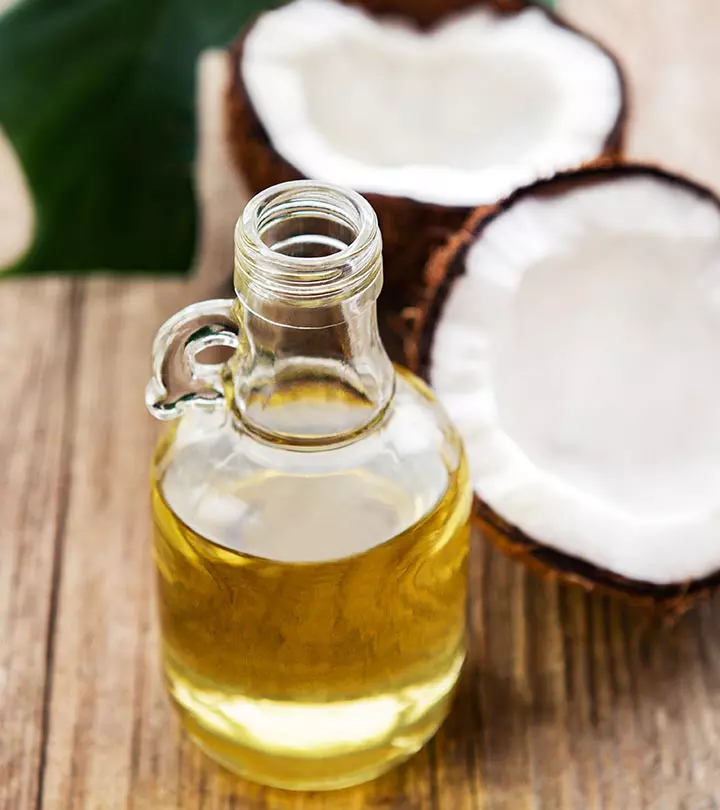
Image: Shutterstock
Coconut oil is the godfather of the hair care biz! It is a household remedy for all things hair care, ranging from hair fall, hair growth, and hair repair down to premature gray hair. But can you use coconut oil for dry scalp? Lack of sebaceous activity may cause the scalp to dry out, leading to flaking (1). These small white flakes make the scalp feel itchy. An itchy, dry scalp may also signify pruritusi An irritating sensation that makes the skin itchy, creating a constant urge to scratch it. (2). Other causes of a dry scalp include improper hair and scalp hygiene, weather conditions, and medical issues like psoriasisi A skin condition caused by a compromised immune system, resulting in itchy and dry patches and scales. and eczemai A general term that describes skin inflammation leading to dry, cracked, rough, and itchy skin. , buildup of product on the scalp like wax or silicone from generic shampoos and conditioners.
Coconut oil, extracted from the flesh of mature coconuts, is enriched with nutrients. These nutrients may improve the condition of your dry scalp. The oil also has antimicrobial benefits that may soothe your itchy scalp. Keep reading to learn how to use coconut oil for dry scalp treatment.
In This Article
What Causes A Dry Scalp?
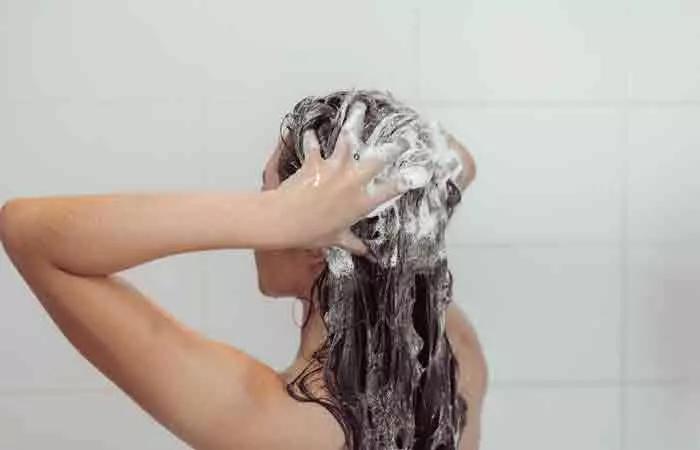
A dry scalp is primarily caused when there is insufficient sebum secretion. The sebaceous glandsi A small gland on the skin's surface that produces sebum, helps keep skin moist, and prevents skin from drying. produce sebum, a complex oil containing triglycerides and fatty acids that break down into wax esters, squalene, cholesterol esters, and cholesterol. Less sebum secretion affects the scalp and hair nourishment and leads to flaking. Inadequate sebum production can be caused by one or more of the following factors:
- Overuse Of Shampoos: Regular shampoos strip the hair of sebum and cause the scalp to go dry. Shampoos contain surfactantsi A class of chemicals used in soaps and shampoos that lower the water tension, making it easier for soap to combine with water. like SLS that also strip hair of its natural oils. Most shampoos have a higher pH level that could cause scalp irritation and, eventually, dry scalp.
- Fungal And Bacterial Infections: Fungal and bacterial infections can lead to itching and a dry scalp.
- Nutrient Deficiencies: Scalp that is not nourished with the right amount of vitamins, fatty acids, and other nutrients can have too little sebum produced. This also can cause it to go dry.
- Weather Conditions: Excess heat or cold temperatures can cause the scalp to dry up quickly.
- Overuse Of Styling Products: Thermal damage from styling tools, such as blow-dryers, flat irons, straighteners, and curlers may not be conducive to hair protection and affect hair elasticity, leaving the hair feeling depleted and the scalp dry.
- Hair Dyes And Colors: Excess use of chemical hair dyes and colors can cause the scalp to go dry.
- Improper Hair Care Routine: Not giving your hair proper care can cause a dry scalp. Your scalp loses its moisture if you do not opt for oil massages, deep hair conditioning, and hot oil treatments, or if you do not wash your hair regularly.
Though dry scalp can often feel like dandruff, both conditions have certain fundamental differences.
Key Takeaways
- Overproduction of sebum causes dandruff, whereas underproduction of sebum causes a dry and flaky scalp.
- Coconut oil is rich in nutrients and has antifungal properties that deeply moisturize hair, nourish the scalp, and free it from infections.
- You can incorporate coconut oil into your hair care routine through scalp massage, hot oil treatment, prewash, or by using hair products with coconut oil.
Dry Scalp Vs. Dandruff: What Is The Difference?
Dry scalp produces smaller white flakes, while dandruff is characterized by large yellowish oily flakes.
Overproduction of sebum creates an oily scalp and causes dandruff. The underproduction of sebum causes the scalp to dry out, flake, and itch.
Dandruff is caused by a fungal infection, while a dry scalp can be caused by pre-existing skin conditions like eczema or psoriasis, weather conditions, or even excessive washing. Both conditions can aggravate if not treated. They may also lead to redness or bumps on the scalp.
The best treatment for dandruff involves the use of anti-dandruff shampoos. The ideal treatment for a dry scalp is adequate moisturization with deep conditioners, oils, and hair masks.
Taking care of your hair, in a way, may also help treat dry scalp and lead to hair rejuvenation.
Most of us have heard about the many nutrients in coconut oil, but you may not actually know its nutritional profile. Learn more about it below.
Coconut Oil Nutritional Profile
According to the U.S. Department of Agriculture, 100 grams of coconut oil contains (3):
- Calories: 895 kcal
- Fat: 99.1 g
- Carbs: 0.84 g
- Calcium: 1 mg
- Iron:0.05 mg
- Zinc: 0.02 mg
- Vitamin E: 0.11 mg
- Vitamin K: 0.6 micrograms
We all know coconut oil to be beneficial to hair. But how does it work? We have discussed the same briefly in the following section.
Coconut Oil Benefits For Hair

- Is Rich In Nutrients: Coconut oil is enriched with proteins, lauric acid, capric acidi A type of fatty acid found in natural oils that acts as an antioxidant and keeps the skin soft and moisturized. , and essential nutrients like vitamins E and K.
- Deep Conditions Hair: Research shows that coconut oil can penetrate the hair shafts and the scalp and deeply condition them (4). It is a deep conditioning ingredient that will work as a moisturize for the scalp and prevent dryness.
- Has Antifungal Properties: Coconut oil has antifungal properties that prevent fungal infections like dandruff from affecting the scalp (5). A study showed that virgin coconut oil could penetrate the hair shaft to disintegrate the dandruff-causing fungi (6).
- Has Antimicrobial Properties: The oil also has antimicrobial properties that keep the scalp clean and promote healthy scalp and hair conditions (7).
- Improves Hair Health: A study conducted in Palestine showed that coconut oil leads to hair strengthening, improves hair shine, and prevents split ends, hair damage, hair loss, and baldness. Coconut oil may also enhance hair color pigment (8).
- Prevents Protein Loss: Coconut oil has been found to prevent protein loss in virgin and bleached hair (4).
- Offers UV Protection: Coconut oil protects the hair from UV damage. It also prevents heat damage caused by heat styling tools.
- Prevents Lice: Coconut oil protects the scalp and prevents lice and its eggs from infesting the scalp (9).
Let us now see how coconut oil could be beneficial for dry scalp.
Is Coconut Oil Good For Dry Scalp: What Does Science Say?
Natural remedies with coconut oil can be used to promote scalp health. It keeps dandruff off from a chronically dry scalp and keeps the scalp clean (9).
- Coconut oil is an excellent conditioner (4). It provides hair hydration and moisturizes the scalp to prevent dryness.
- It has antimicrobial and anti-fungal properties that keep the scalp clean and infection-free (5), (7).
- Coconut oil has anti-inflammatory properties that can prevent any irritation or redness and soothe the scalp (10).
- Coconut oil can protect the hair and scalp from damage, sealing moisture, and offering moisture balance (11), (12).
Coconut oil is a great ingredient for overall hair and scalp health. Learn how to get rid of dry scalp using coconut oil, in the following section.
How Should You Use Coconut Oil To Treat A Dry Scalp?

- Scalp Massage And Hot Oil Treatment: Massage your scalp with some hot (not boiling) coconut oil. This stimulates better circulation and keeps the scalp well moisturized.
- Hair Masks: Add coconut oil to hair masks to get the most of its benefits. Or you can make your own coconut oil hair masks by pairing the oil with other nourishing ingredients like eggs and honey for a deep moisturizing treatment.

- Coconut Oil Hair Products: Using shampoos, conditioners, and other hair products formulated with coconut oil may prevent the hair and scalp from being stripped dry.
- Coconut oil As A Pre-Wash: Using coconut oil as a pre-wash before any coloring or chemical treatment may protect the scalp from dryness and prevent any protein loss. If you are getting your hair colored professionally, ask your stylist before applying the coconut oil before the service. This is to prevent reaction of their product with coconut oil and ensure that the color penetrates the hair properly to make it last.
- Coconut Oil Heat Protectant: Before using any styling tools, apply a little coconut oil to protect hair from heat damage. The oil coats and seals the hair strands and keeps the hair and scalp from drying.
Note: Selecting high-quality coconut oil ensures you get the most out of its benefits for your hair and scalp. Choose virgin or extra virgin coconut oil, as they are less processed and retain more nutrients. Organic labeling is a bonus, ensuring the oil is free from harmful chemicals. Always check the label to make sure you are getting the best product for your hair care needs!
Avia Sky, a lifestyle blogger, shares how she accidentally treated her dandruff while trying an oil solution involving peppermint, tea tree, castor, and coconut oils for hair growth. She writes, “Three treatments later, and my dandruff was 95% gone. I was shocked! My hair had never felt cleaner or clearer. I ran my hand through my hair and waited for the snowflakes. But nothing. Like seriously nothing fell from my head (i)!”
 Quick Tip
Quick TipCoconut oil is safe when used topically but, they also have some adverse effects.
Side Effects Of Coconut Oil

The topical application of coconut oil is mostly considered safe.
However, using too much coconut oil on your hair or not rinsing it out from your hair properly may make your hair greasy and weighed down. If you have protein-sensitive hair, using coconut oil for hair may not be suitable and make your hair brittle.
Regular application of coconut oil for hair without proper washing may lead to buildup on the scalp and make your hair look dull.
If your skin becomes red or irritated, please consult a doctor before applying any more coconut oil. If you have sensitive skin, you may also do a patch test initially.
 Quick Tip
Quick TipTo recap, a dry scalp is caused when there is insufficient sebum production. It may be caused by many factors such as overusing hair care or styling products. Coconut oil is nutrient-rich and provides hair benefits such as deep-conditioning and antifungal properties. You can use coconut oil for a dry scalp as it moisturizes the scalp and keeps it healthy. It also has anti-inflammatory properties that soothe any irritation or redness on the scalp. Scroll back up to read through the many ways you can use coconut oil for hair restoration and to treat a dry scalp.
Frequently Asked Questions
Why does coconut oil make my scalp itch?
Coconut oil is generally safe for the scalp and should not cause itching or irritation under normal circumstances. But if your hair is already oily and unwashed, then the application of coconut oil can cause itchiness as it leads to product buildup. The natural oils, along with dirt and germs, are trapped under the sealing shield of coconut oil, which results in scalp irritation. But if this isn’t the case and your scalp still itches, consult a trichologisti A specialist who studies trichology, or the diseases and treatments related to the hair and scalp. immediately.
Does coconut oil help treat scalp eczema?
Yes. Studies have shown that virgin coconut oil could aid in the treatment of skin disorders like eczema (13).
How long does it take for coconut oil to help heal dry scalp?
It depends on the severity of your scalp condition. Some people notice the nourishing effects of coconut oil almost immediately, while some may need to apply the oil 2-3 times a week for a few weeks. However, if your scalp condition does not improve even after 3-4 weeks of regular coconut oil use, you will have to see your doctor.
Can coconut oil be used on all hair types?
Yes, coconut oil works well on most hair types, but it’s especially beneficial for dry or damaged hair. However, people with fine or oily hair should use it sparingly to avoid greasiness.
Illustration: How To Use Coconut Oil For Dry Scalp And Dandruff
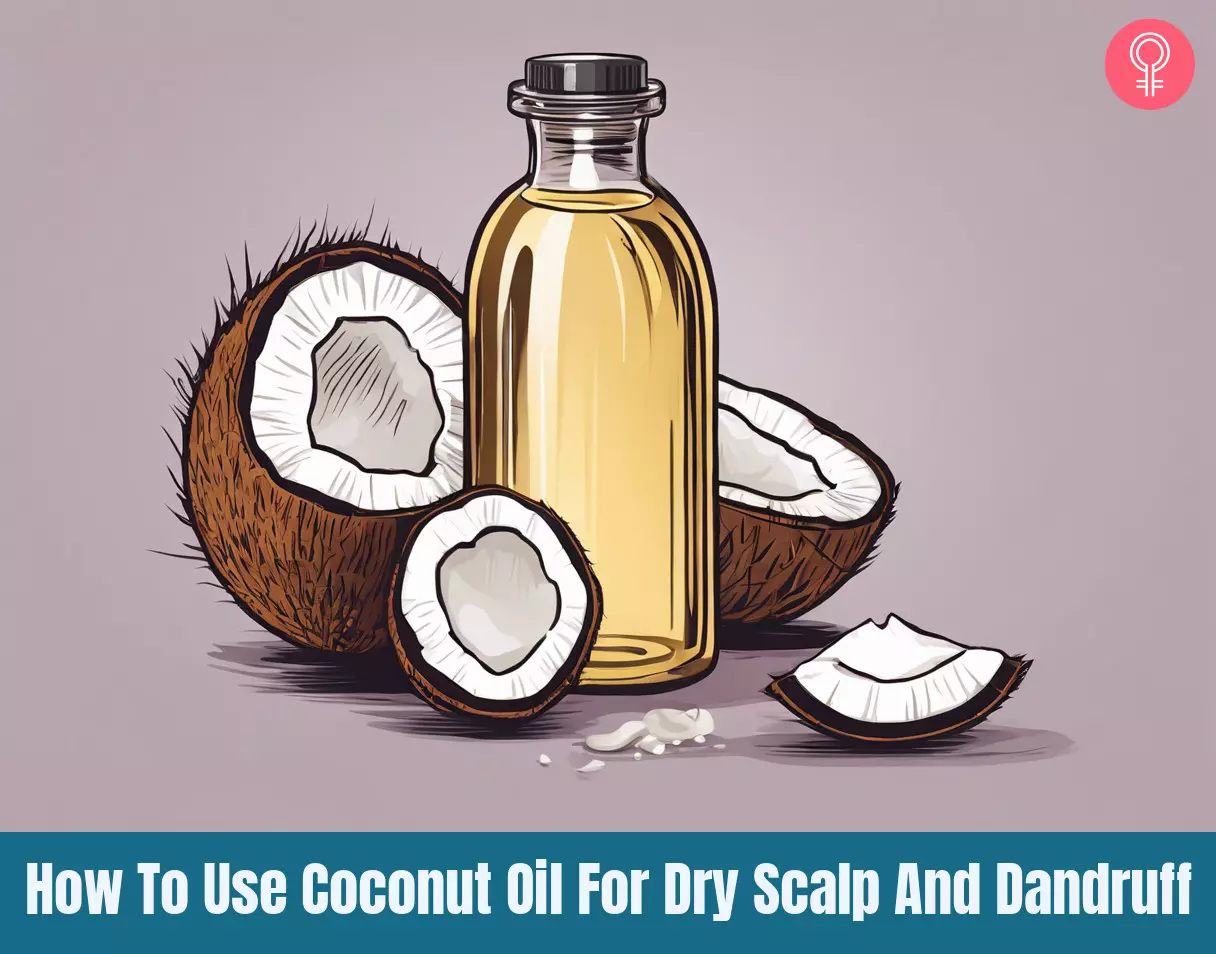
Image: Stable Diffusion/StyleCraze Design Team
Learn how to use coconut oil and lemon juice to naturally treat dandruff. Get rid of flakes and soothe your scalp with this simple remedy. Watch the video below to learn more.
Personal Experience: Source
StyleCraze's articles are interwoven with authentic personal narratives that provide depth and resonance to our content. Below are the sources of the personal accounts referenced in this article.
i. How I Got Rid of My Dandruff in 2 Weeks By Accidenthttps://aviasky.medium.com/how-i-got-rid-of-my-dandruff-in-2-weeks-by-accident-e98010e482cb
References
Articles on StyleCraze are backed by verified information from peer-reviewed and academic research papers, reputed organizations, research institutions, and medical associations to ensure accuracy and relevance. Read our editorial policy to learn more.
- The Role of Sebaceous Gland Activity and Scalp Microfloral Metabolism in the Etiology of Seborrheic Dermatitis and Dandruff
https://www.jidsponline.org/article/S0022-202X(15)52586-4/pdf - A Practical Guide to Scalp Disorders
https://www.sciencedirect.com/science/article/pii/S0022202X15526572 - Oil coconut
https://fdc.nal.usda.gov/fdc-app.html#/food-details/330458/nutrients - Effects Of Mineral Oil Sunflower Oil And Coconut Oil On Hair Damage Journal Of Cosmetic Science US National Library Of Medicine National Institutes Of Health.
https://pubmed.ncbi.nlm.nih.gov/12715094/ - Antimicrobial Effects Of Virgin Coconut Oil And Its Medium-chain Fatty Acids On Clostridium Difficile Journal Of Medicinal Food US National Library Of Medicine National Institutes Of Health.
https://pubmed.ncbi.nlm.nih.gov/24328700/ - In Vitro Antimicrobial Properties Of Coconut Oil On Candida Species In Ibadan Nigeria Journal Of Medicinal Food Us National Library Of Medicine National Institutes Of Health.
https://pubmed.ncbi.nlm.nih.gov/17651080/ - Effect Of Addition Of Antifungal Agents On Physical And Biological Properties Of A Tissue Conditioner: An In-vitro Study Advanced Pharmaceutical Bulletin US National Library Of Medicine National Institutes Of Health.
https://www.ncbi.nlm.nih.gov/pmc/articles/PMC5651072/ - Ethnopharmacological Survey Of Home Remedies Used For Treatment Of Hair And Scalp And Their Methods Of Preparation In The West Bank-palestine Bmc Complementary And Alternative Medicine. US National Library Of Medicine National Institutes Of Health.
https://www.ncbi.nlm.nih.gov/pmc/articles/PMC5499037/ - Medicinal benefit of coconut oil.
https://www.researchgate.net/publication/268805677_Medicinal_benefit_of_coconut_oil - Determination of Effectiveness Traditional Cosmetics of Coconut Oil and Turmeric as Anti-Dandruff Proceedings of the 2nd International Conference on Social Applied Science and Technology in Home Economics (ICONHOMECS 2019)
https://www.atlantis-press.com/proceedings/iconhomecs-19/125934898 - Effect of mineral oil sunflower oil and coconut oil on prevention of hair damage
https://pubmed.ncbi.nlm.nih.gov/12715094/ - Effect of oil films on moisture vapor absorption on human hair
https://pubmed.ncbi.nlm.nih.gov/17520153/ - In vitro anti-inflammatory and skin protective properties of Virgin coconut oil
https://www.ncbi.nlm.nih.gov/pmc/articles/PMC6335493/
Read full bio of Madison Dufour
Read full bio of Anjali Sayee
Read full bio of Eshna Das
Read full bio of Krati Darak






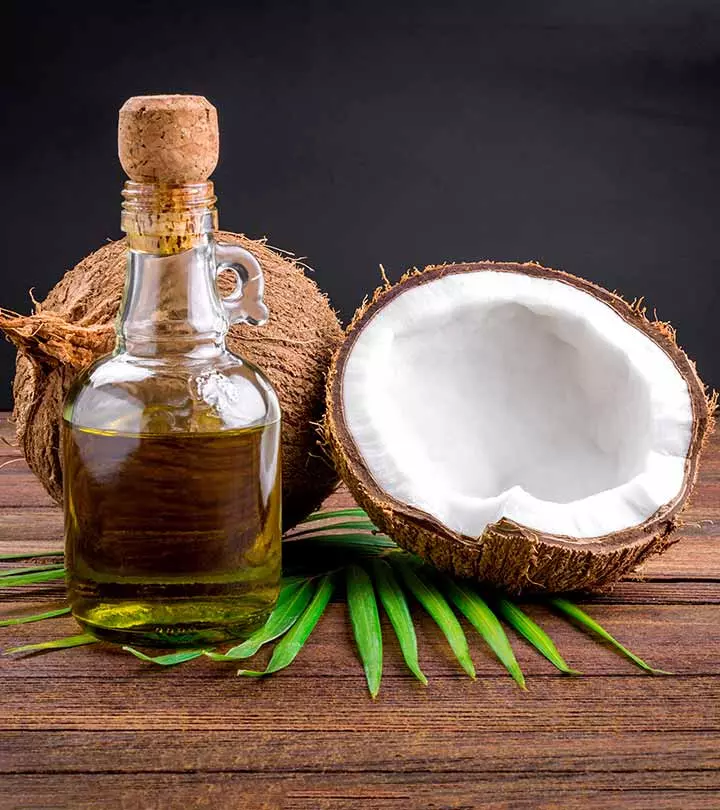
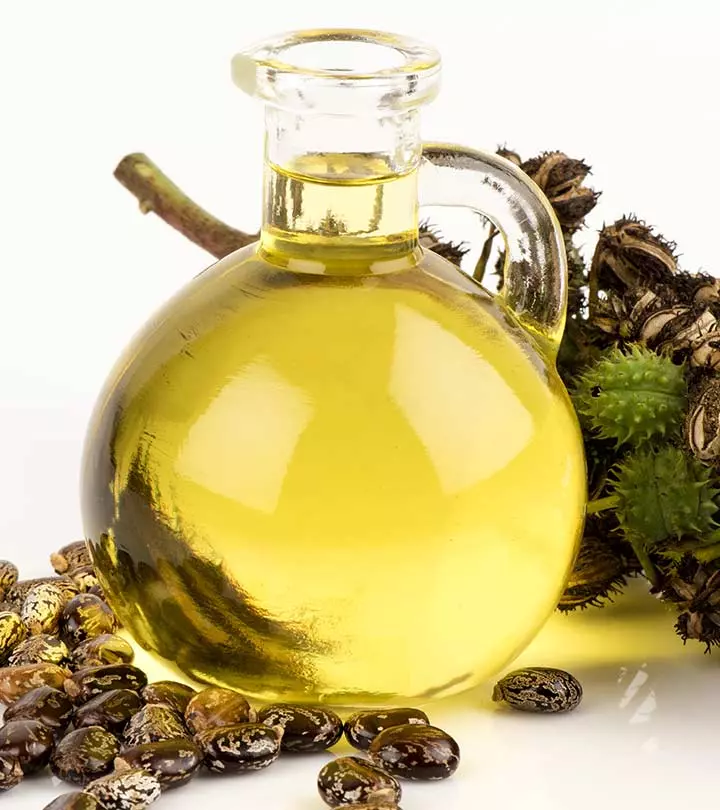
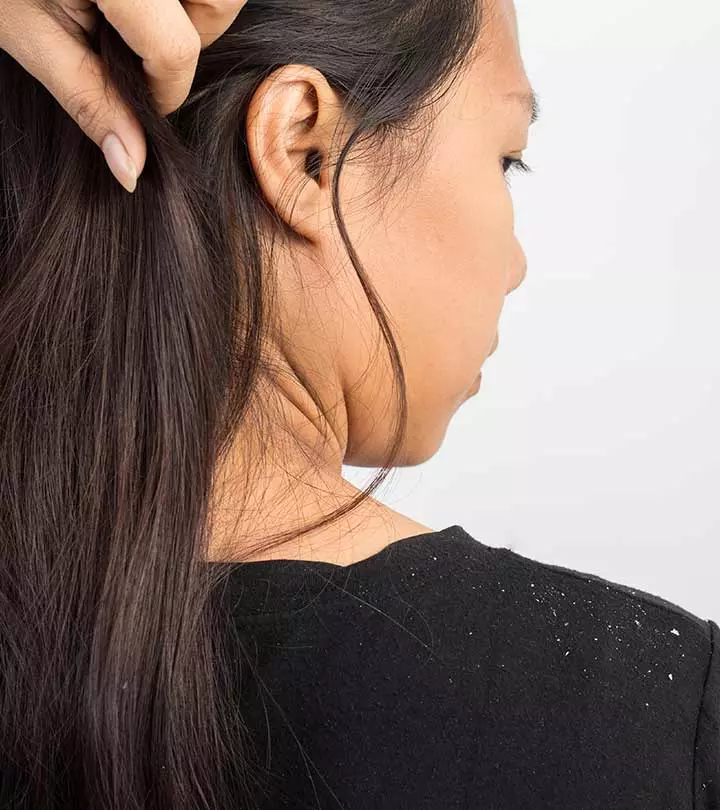
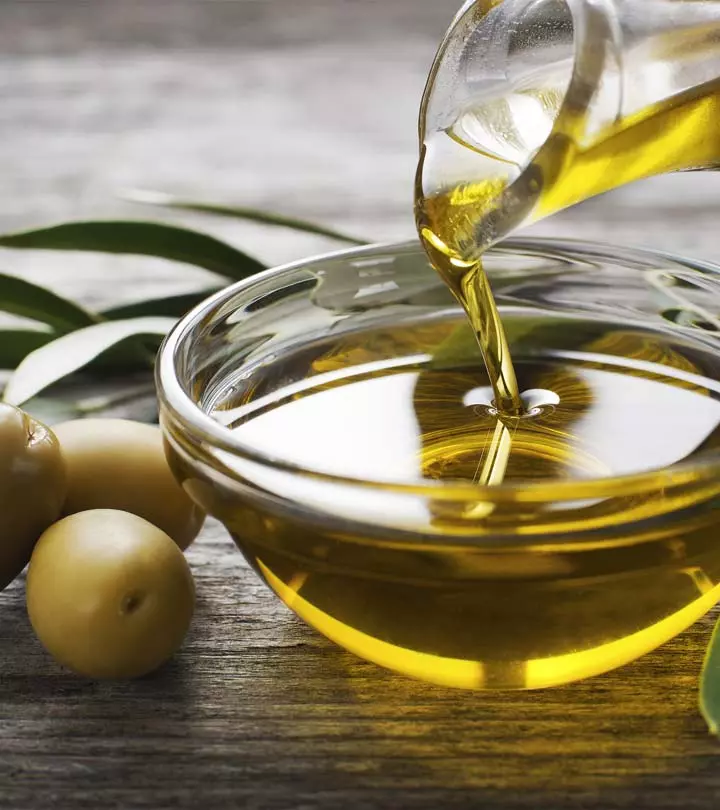
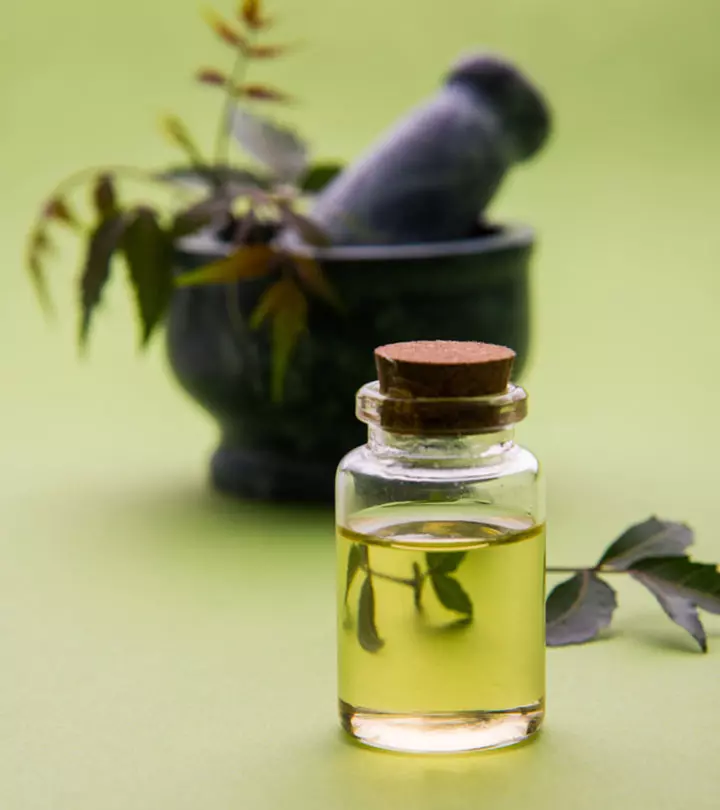

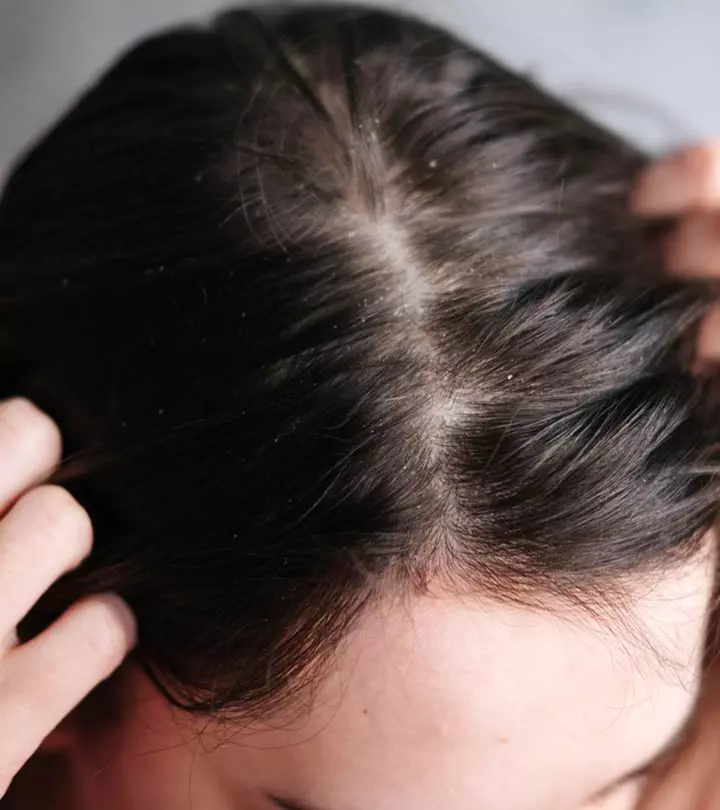
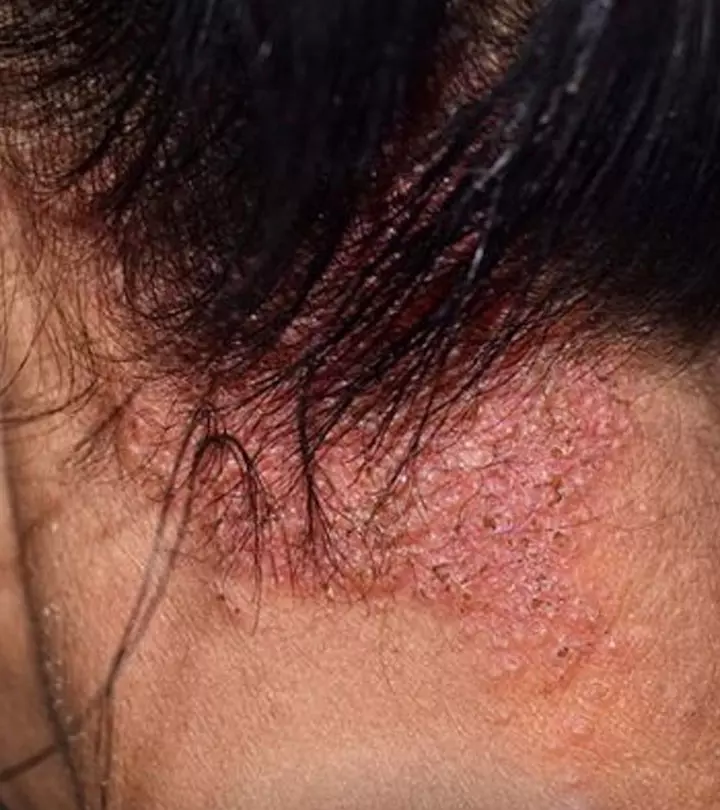
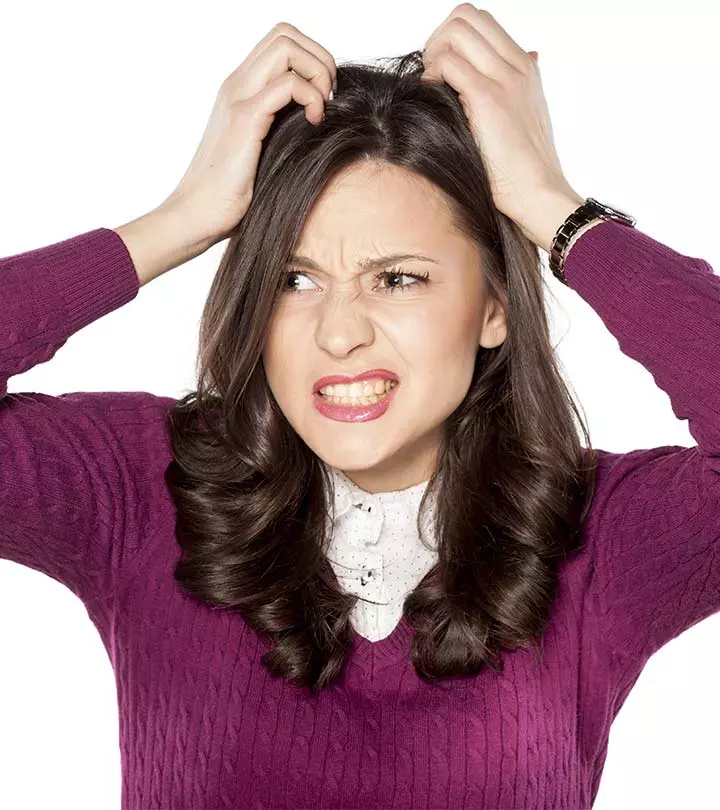
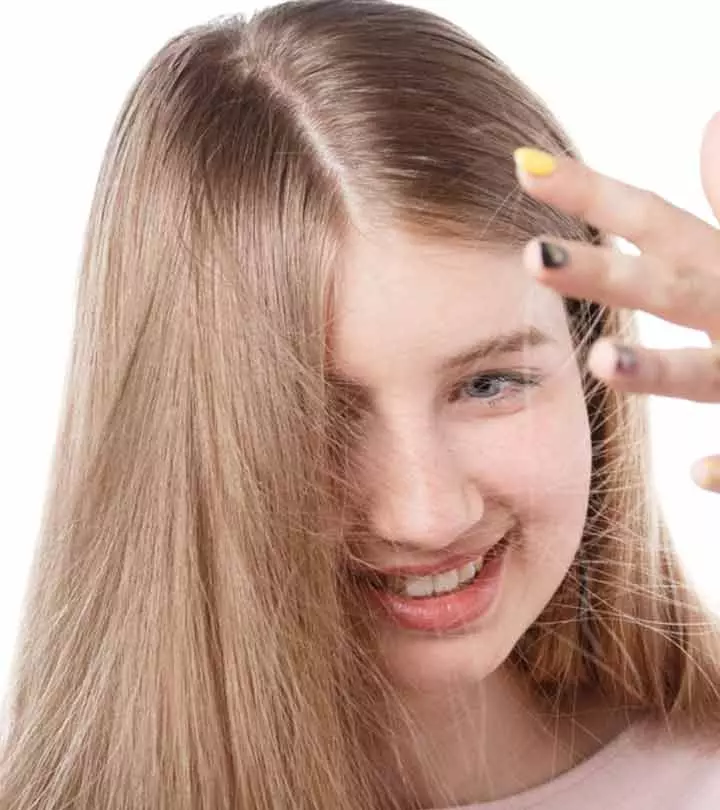
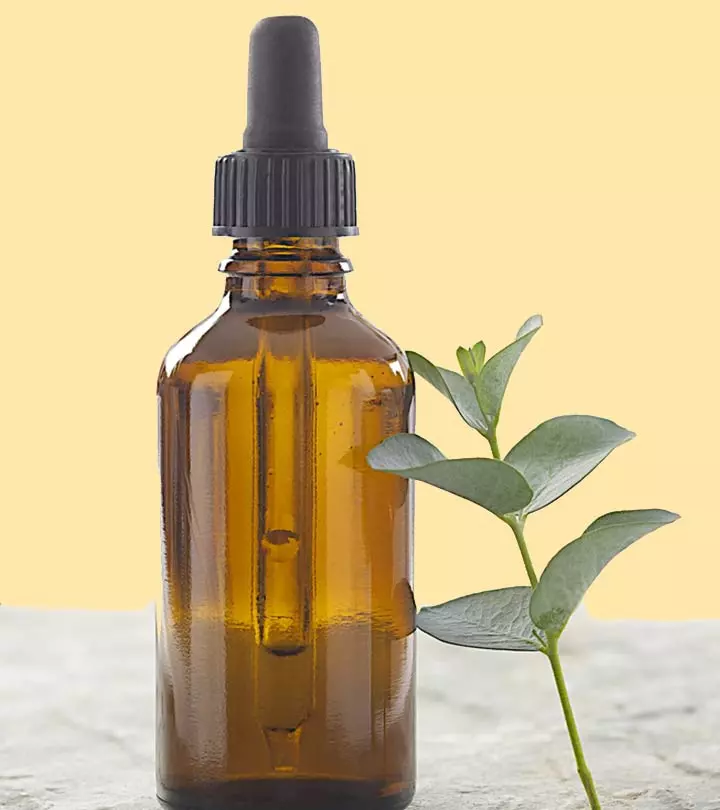
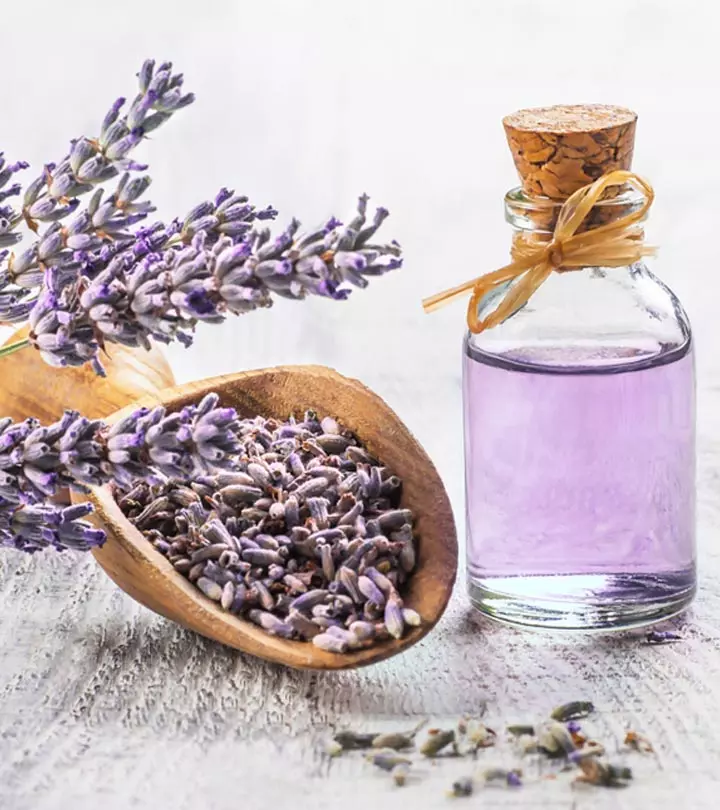
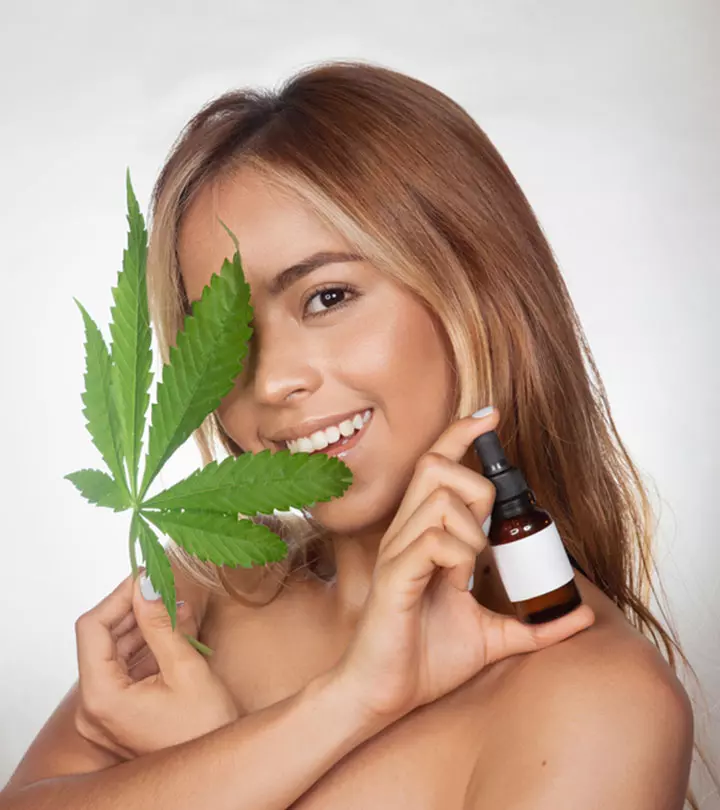

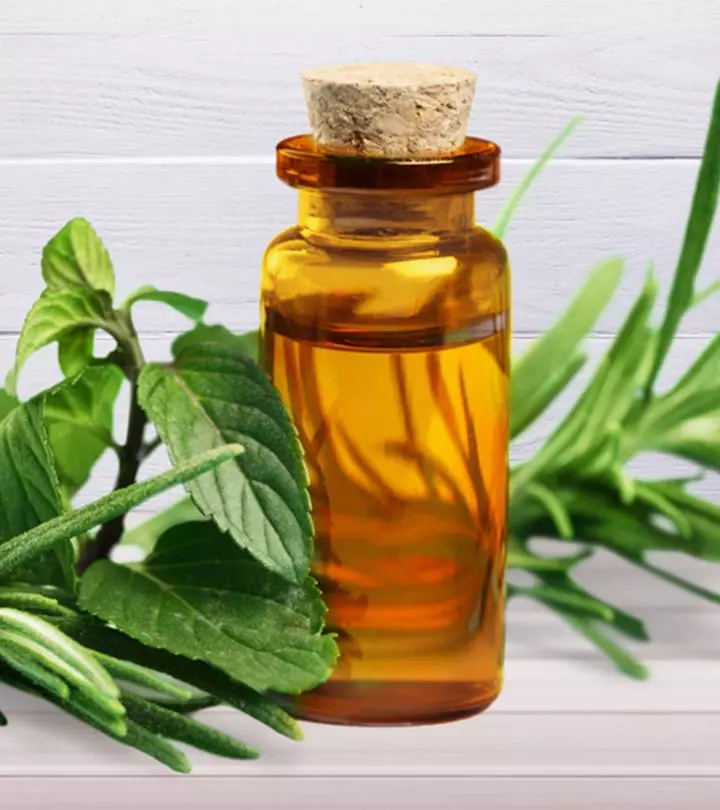
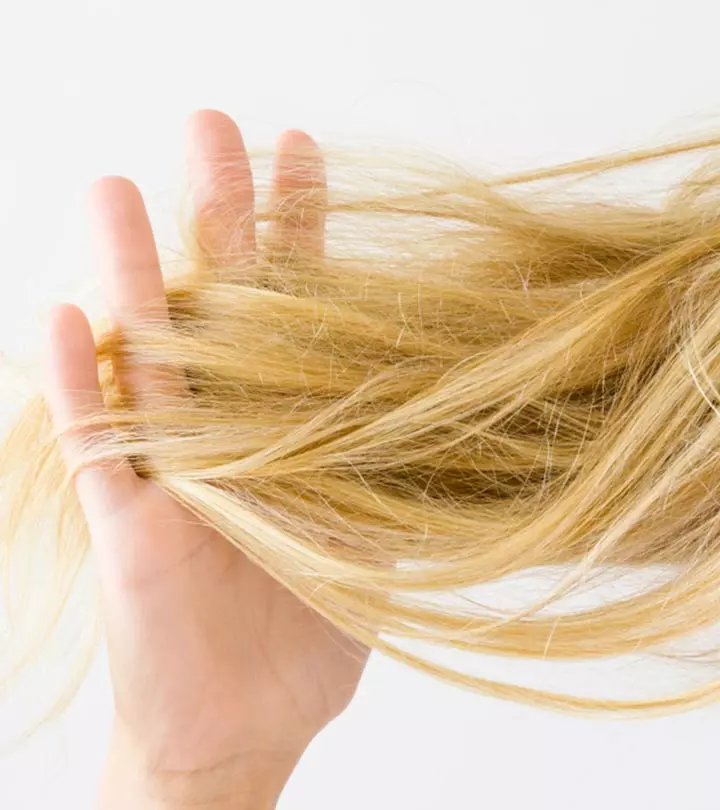
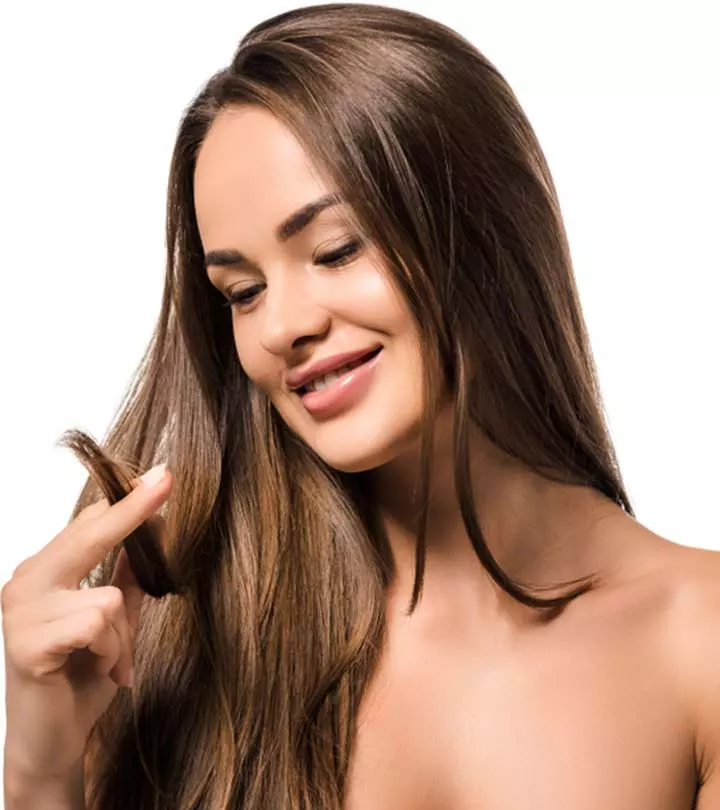
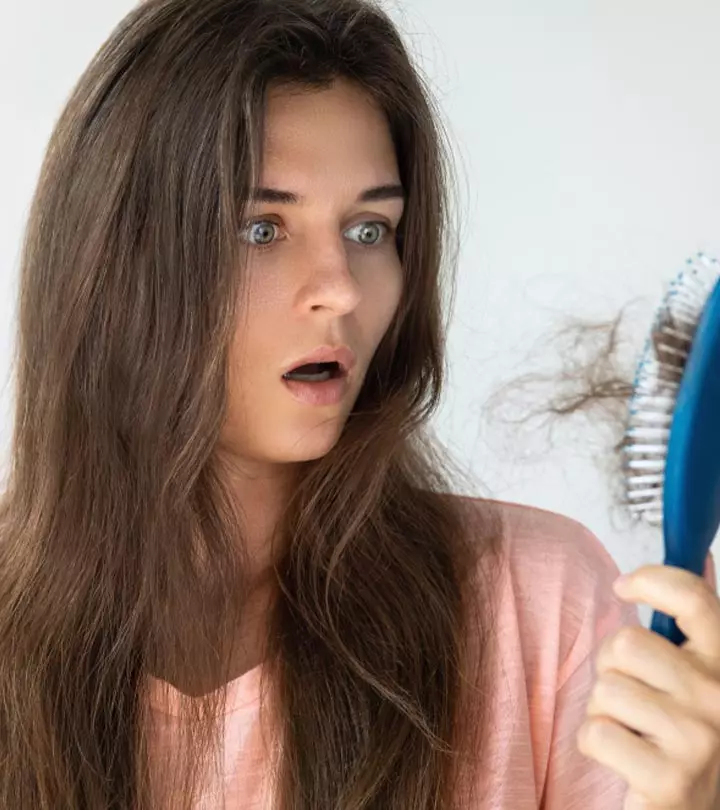
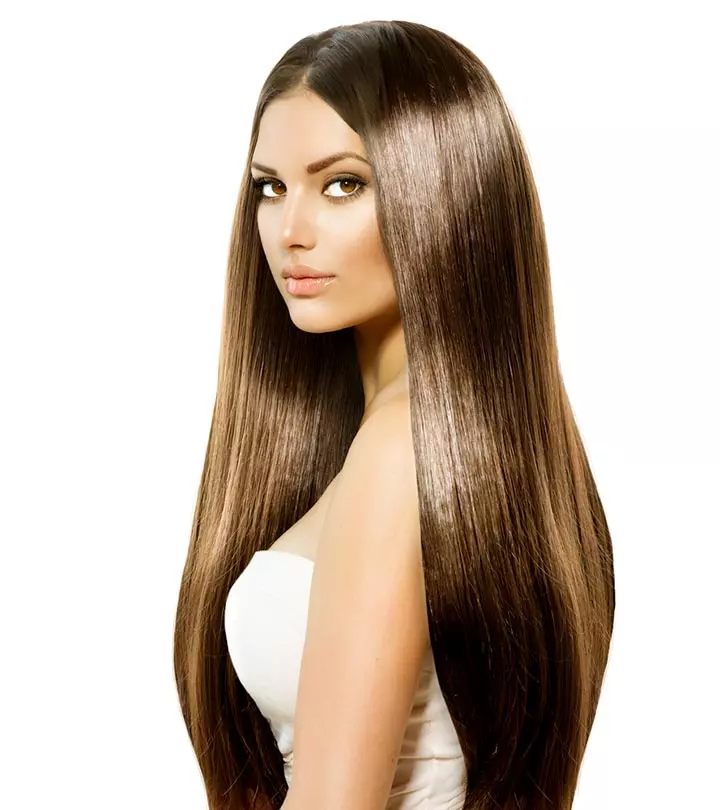
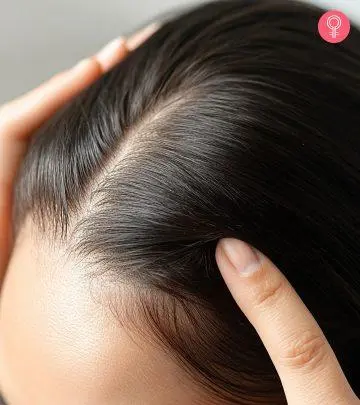
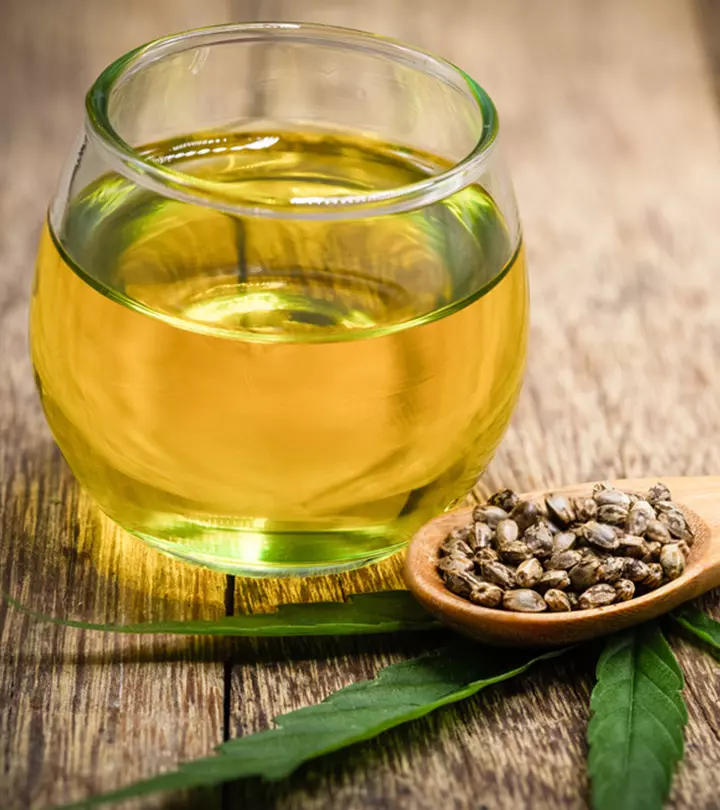
Community Experiences
Join the conversation and become a part of our empowering community! Share your stories, experiences, and insights to connect with other beauty, lifestyle, and health enthusiasts.